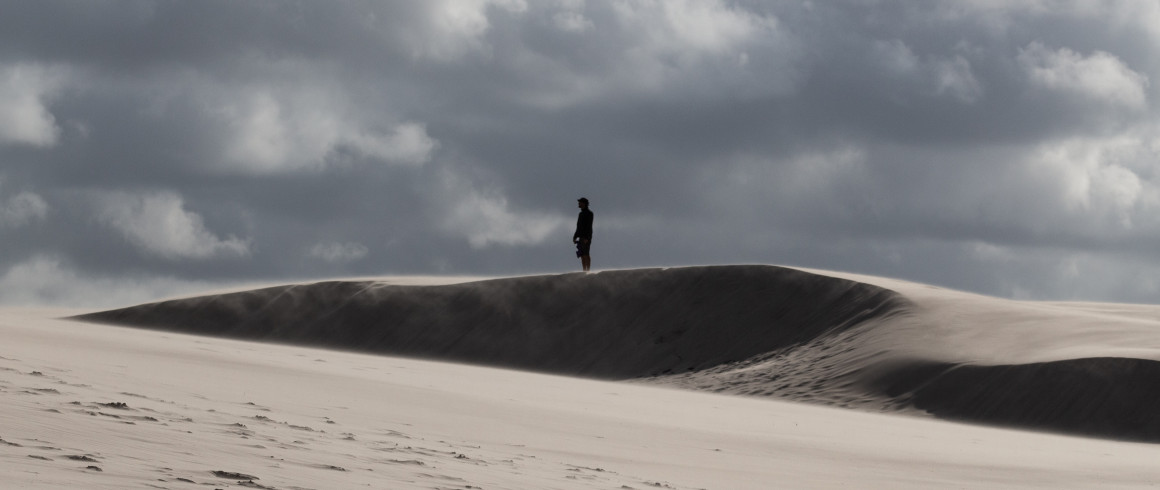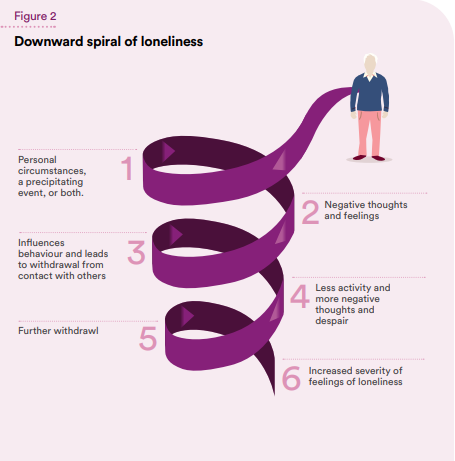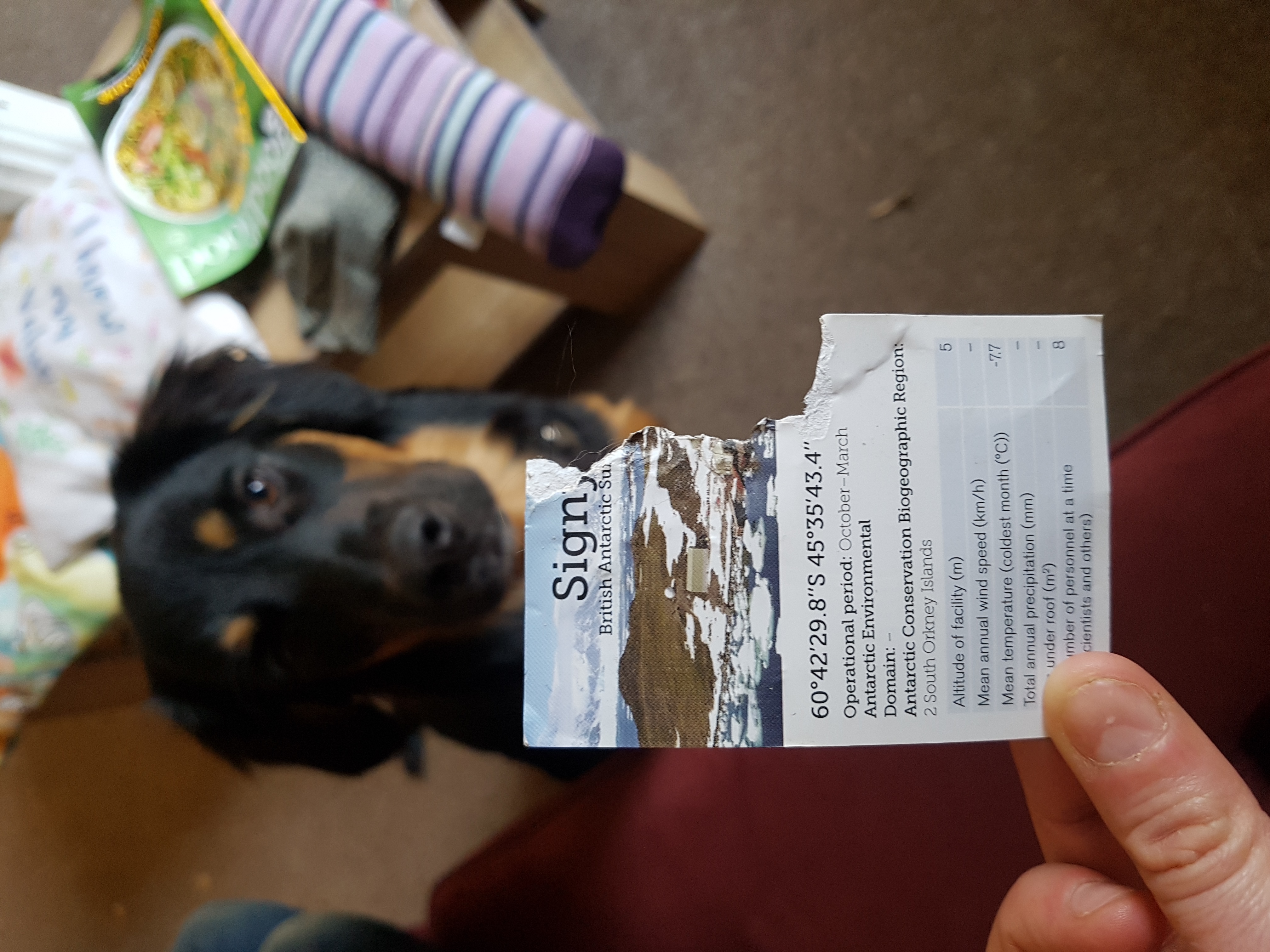Pandemic PhD life: Remotely tackling loneliness as a policy intern
The internship application started as a COVID-19 mitigation tactic. I’d done everything I could usefully do locked at home in a pandemic. I’d finished my first-year report and made it past PhD probation, conducted the bulk of my interviews, transcribed all those interviews, and done more planning and re-planning of my PhD than I ever imagined I’d have to do. I’d hoped, as we all had, that things would be back to normal by autumn of 2020. Instead, I found myself facing down an unknown amount of time with not a single archival record in sight.
The way I saw it, three months of an internship was a productive way out of a lockdown PhD stalemate. At the time I was applying I had no idea whether I’d ever be able to get so much as a month’s extension and was increasingly panicked about the idea of a PhD without archive collections. I could make it work, and had discussions with my supervisor about doing so, but after a few weeks of directionless moping about it realised I very strongly didn’t want to. COVID wasn’t giving in and neither was I, so clearly I needed to make a change somewhere.
I’m extremely lucky with my PhD funding. Alongside the usual stipend I have six months of Student Development Fund to help me become something more than someone who knows how to write in extreme detail about one specific Antarctic research station (do I hear ‘transferrable skills?’). I used 3 months of this to take part in the UKRI policy internship scheme, which offers students funded by UKRI a chance to work in a UK policy-making institution. I chose the Department for Digital, Culture, Media and Sport because I thought I could get a look at the policy side of the museum sector. As it turned out, I ended up in the tackling loneliness team, and I have no regrets whatsoever.
The Tackling Loneliness team at DCMS is the first of its kind in the world. The UK was the first country to have a loneliness strategy and loneliness Minister, a testament to how serious an issue loneliness is. Loneliness has serious implications for our physical and mental health and is something we’ve been dealing with since long before the pandemic. COVID-19 has changed the landscape of loneliness somewhat (more lonely young people, less in-person opportunities to make meaningful connections), but the core of it remains the same – loneliness is something anyone can experience and can be a genuinely serious health issue if it becomes a severe, chronic problem. XXX
Going from an academic research project to a fast-paced policy environment was fascinating. I found myself eating up everything I could read on loneliness and how it affects us, and delighted to be working on something that really matters to people’s lives. During my internship, the team was building up to publication of the Tackling Loneliness Network Action Plan, which contains recommendations and commitments from the more than 70 cross-sector members of the Network. This gave me a chance to engage regularly with stakeholders from Facebook to the Campaign to End Loneliness, and an insight into the wide range of people and organisations who care deeply about loneliness. I also enjoyed opportunities to take part in some of the core work of civil servants – writing briefings for Ministers and responding to correspondence from members of the public. A particular highlight was delivering a webinar on loneliness to another civil service team and hearing their insightful questions and personal insights into loneliness.
I don’t think any of this would have been nearly as enjoyable were it not for the people I worked with. PhDs can be lonely – I knew this before I started and anyone who has done one will likely tell you the same. Apart from my excellent team of supervisors (and my dog, who absolutely does not care about British Antarctic history) I’m a one-person team most of the time. Starting at DCMS was therefore initially a bit of a shock. I went from quietly beetling away at my own research and maybe talking to someone about it once a month, to the constant ping of google chat as the team discussed work, baked goods, and what’s been on TV recently.
XXXAt the start it was overwhelming. As I eased into life in the tackling loneliness team however, I came to deeply appreciate the way they’d adapted to online working. In the academic world when I send an email I’m often pleased if it comes back within a month. In DCMS I could ping someone a message and they’d apologise for the delayed response if it took them more than an hour. We had daily meetings, could work on documents simultaneously, and people were always reachable through instant messages. Because everyone was used to working to such well-established processes, no one minded being contacted for urgent input on a briefing, meetings ran exactly to time, and I had such regular contact with my own team that I didn’t have a chance to feel disconnected.
Not only that, but the people I was working with were some of the kindest, most supportive people I’ve ever met. They offered me endless opportunities to take responsibility and grow my confidence. Academia can be rife with imposter syndrome, and this internship was a much-needed boost to my self-esteem. It would have been easy to be left alone, working remotely, tackling the kind of small admin tasks that every intern dreads, but instead I was made to feel a valued part of a busy team of very competent and passionate people.
I’m extremely grateful for the opportunity offered to me by the UKRI internship scheme and the Tackling Loneliness team. I’d encourage anyone who is eligible for a UKRI internship to consider applying.
Alice Oates (2019) is a second-year PhD student at the Scott Polar Research Institute. Her research looks at the historical geographies of Halley research station, exploring the people and research that have made it such an important part of Britain’s Antarctic story and the international science landscape. Her PhD is funded by an AHRC Collaborative Doctoral Studentship in partnership with the Royal Geographical Society (with IBG) and Royal Society.
Photo by Luca Franzoi on Unsplash


